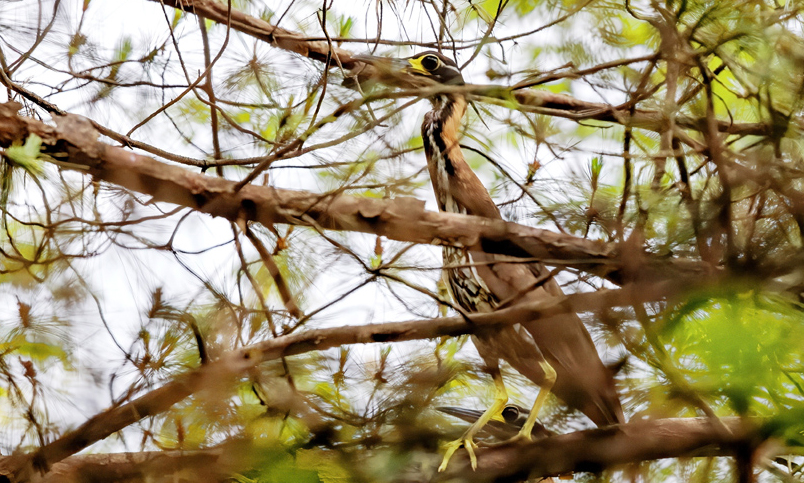Chinese scientists identify genes for more heat-tolerant rice
SHANGHAI, June 18 (Xinhua) -- Chinese scientists found two genes in rice that can make the staple crop more heat-resistant, providing a new way for breeding highly thermotolerant crops.
The researchers from the Shanghai Institute of Plant Physiology and Ecology under the Chinese Academy of Sciences and Shanghai Jiao Tong University revealed the mechanism by which the rice's cell membrane senses external heat-stress signals before communicating with chloroplasts. It is the organ where photosynthesis takes place to orchestrate heat tolerance.
Too much heat can damage a plant's chloroplasts. When temperatures exceed a crop's usual tolerance, its yields tend to drop.
The researchers identified a locus with two genes, Thermo-tolerance 3.1 (TT3.1) and Thermo-tolerance 3.2 (TT3.2). They interact in concert to enhance rice thermotolerance and reduce grain-yield losses caused by heat stress.
The researchers found that accumulated TT3.2 triggers chloroplast damage regarding heat stress, but, in that scenario, TT3.1 can serve as a remedy.
Upon heat stress, TT3.1, a potential thermosensor, will remove the cell membrane from the cell to degrade the mature TT3.2 proteins, according to the study published on Friday in the journal Science.
"The study elucidates a fresh molecular mechanism that links plant cell membranes with the chloroplast in responding to heating signals," said the paper's co-corresponding author Lin Hongxuan with the Shanghai Institute of Plant Physiology and Ecology.
Then, the researchers used hybridization to translate the TT3 locus of African rice into Asian species.
The field test has shown that the new species is more heat tolerant. It can withstand heat at 38 degrees Celsius without crop failure, while the output of normal species would be reduced above 35 degrees Celsius, said the researchers.
The newly-found gene might also be used in other plants, including wheat, maize, bean, and vegetables, to cultivate heat-tolerant strains, according to the researchers.
Photos
Related Stories
- Giant rice spike fireworks fired to commemorate Yuan Longping, China's 'father of hybrid rice'
- Children experience rice transplanting in Jiangxi
- Chinese scientists identify yield-related genes in maize, rice
- Seawater rice sees bumper harvest in N China's Tianjin
- Farmers harvest rice in Jurong City, Jiangsu
- County in E China’s Anhui promotes planting of superior rice varieties
- Double-cropping rice achieves high yield in tropical Chinese city
- Perennial rice 'Yunda 107' sees first harvest in Yunnan terraces
- Pic story of rice farmer in Guizhou
- Third-generation hybrid rice achieves record high single-cropping yield in Sichuan
Copyright © 2022 People's Daily Online. All Rights Reserved.









